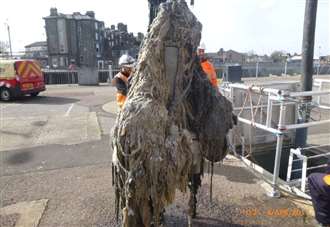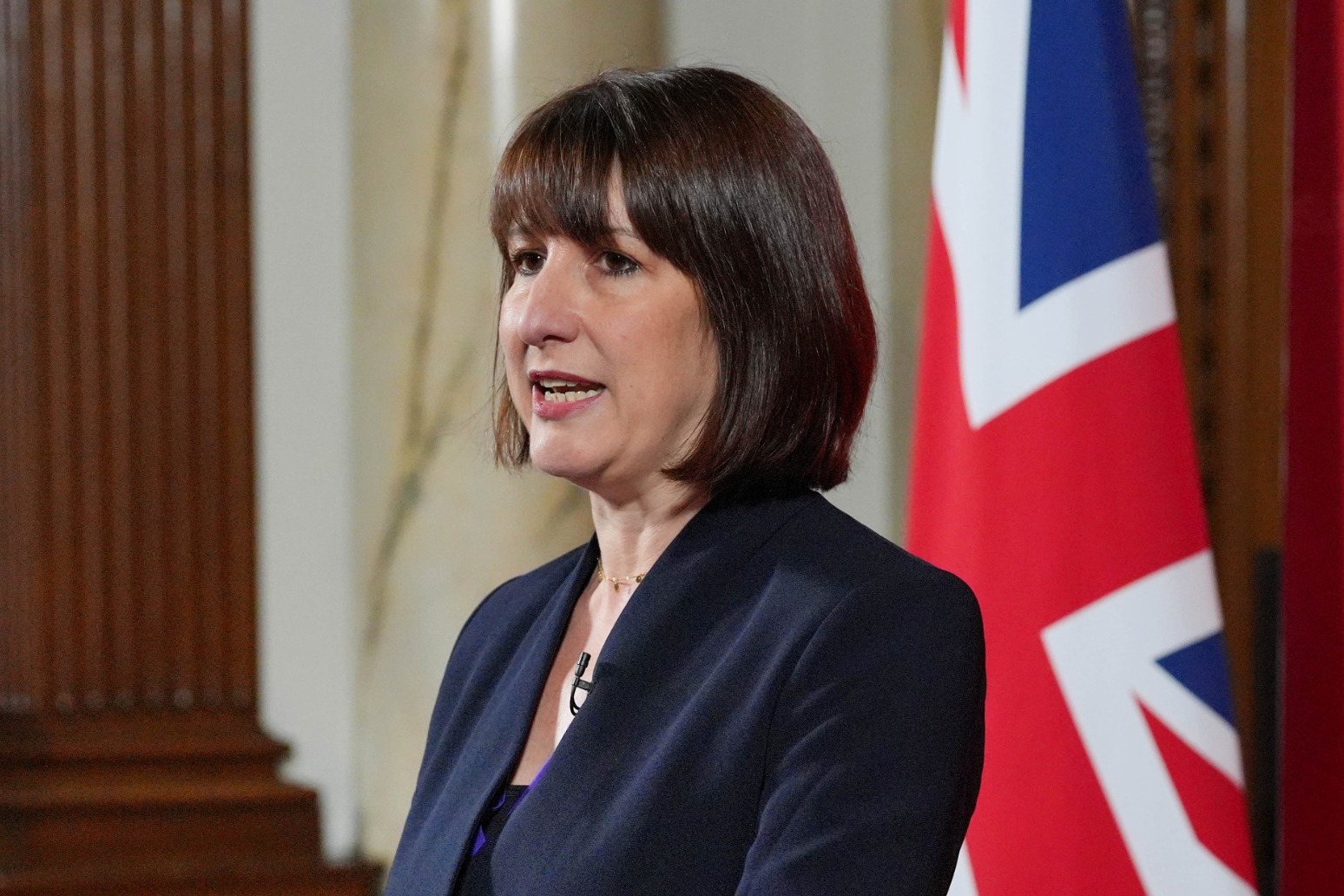
A total of 30 blue whales’ worth of unflushable products were found blocking drains in the East of the England in the past year.
Data collected by Anglian Water has shown that 3,047 tonnes of rubbish, largely made up of wet wipes, cotton buds and sanitary items were flushed by people in the region – with people in the Lynn area contributing 25 tonnes to the total.
The water company has had to clear more than 40,000 preventable blockages in the past 12 months, and the total amount of waste is the equivalent weight of around 30 blue whales.
The amount of waste found in Lynn’s water recycling centre equates to a quarter of the weight of a whale.
Anglian Water has released the data as the annual awareness campaign ‘Unblocktober’ begins this month – something that the company has been supporting since 2019.
The campaign is aimed at improving the country’s drains, sewers, watercourses and seas by educating members of the public on what not to put down their drains.
They are also warning of the threats that flushing items can cause to the environment.
Removing these items from drains costs the company around £19 million a year.
Connor Brailsford, network protection manager from Anglian Water, said: “We care passionately about protecting the environment, which is why we’re supporting awareness campaigns like Unblocktober and helping make our customers aware of what can and can’t be flushed or put down the drain.
“This data shows just how much unflushable material is filtered out of our wastewater and removed at our Water Recycling Centres each year – but unfortunately, not all of it makes it that far.
“We have more than 76,000km of sewer pipe in our region. That’s enough to go around the world twice. Wet wipes are the most common cause of problems in the sewer and are by far the worst culprit. But things like tampons, cotton buds and cooking fats also cause problems.”
He added: “Eighty per cent of flooding and pollution incidents are caused by blocked sewers. Most of these blockages are entirely preventable but instead can lead to devastating sewage spills, harming our precious environment.
“At a time when protecting the planet for the future is at the forefront of many people’s minds, there’s something simple we can all do at home to make a huge difference – bin it, don’t flush it.
“And remember, only three Ps should go down the toilet – pee, poo and (toilet) paper.”
Unblocktober is the world’s first awareness month dedicated to fighting fatbergs that can cause extreme blockages in water networks across the country with the aim of preventing plastic pollution from entering the environment.
Last year, the campaign saw more than 66,000 Brits pledge to change their kitchen and bathroom habits.













